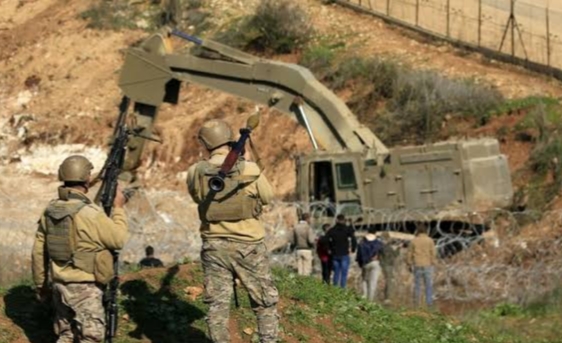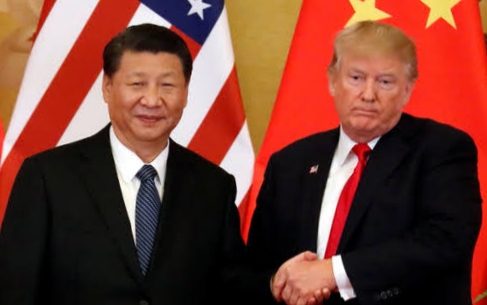INTERNEWSTIMES.COM – The escalating conflict between Israel and Hezbollah took a new turn on Thursday as tensions continued to rise. While the United States and its allies proposed a 21-day ceasefire to allow for negotiations, Israel distanced itself from the proposal, indicating a continued commitment to military action.
The joint proposal, initiated by the United States and France, aimed to halt the ongoing violence and create a space for dialogue between the warring parties. The proposal, which did not directly include Hezbollah as a signatory, was intended to prevent a wider conflict in Lebanon. However, Israeli Prime Minister Benjamin Netanyahu swiftly rejected the proposal, emphasizing that Israel had not yet responded to it and instructing his forces to “continue fighting with full force.”

The conflict between Israel and Hezbollah has been characterized by a series of escalating attacks. On Thursday, Israeli forces and Hezbollah militants engaged in more fire exchanges, further intensifying the situation. This escalation followed a recent long-range Hezbollah missile attack, which prompted Israel to threaten a ground incursion into Lebanon.
Israel’s rejection of the ceasefire proposal suggests a determination to continue its military operations against Hezbollah. This decision could have significant consequences, potentially leading to a wider conflict and further instability in the region. The potential for a ground incursion into Lebanon raises concerns about civilian casualties and the potential for a humanitarian crisis.
The international community has expressed deep concern over the escalating conflict and has called for a de-escalation of tensions. The United States, France, and other allies have reiterated their commitment to finding a peaceful resolution. The United Nations has also expressed its concern and called for a ceasefire. However, Israel’s rejection of the ceasefire proposal suggests that a diplomatic solution remains elusive.
The future of the conflict remains uncertain. Israel’s decision to reject the ceasefire proposal and its continued military operations raise concerns about the potential for further escalation. The international community’s calls for de-escalation and a peaceful resolution are crucial to preventing a wider conflict and minimizing the human cost of this ongoing crisis. (Red)























